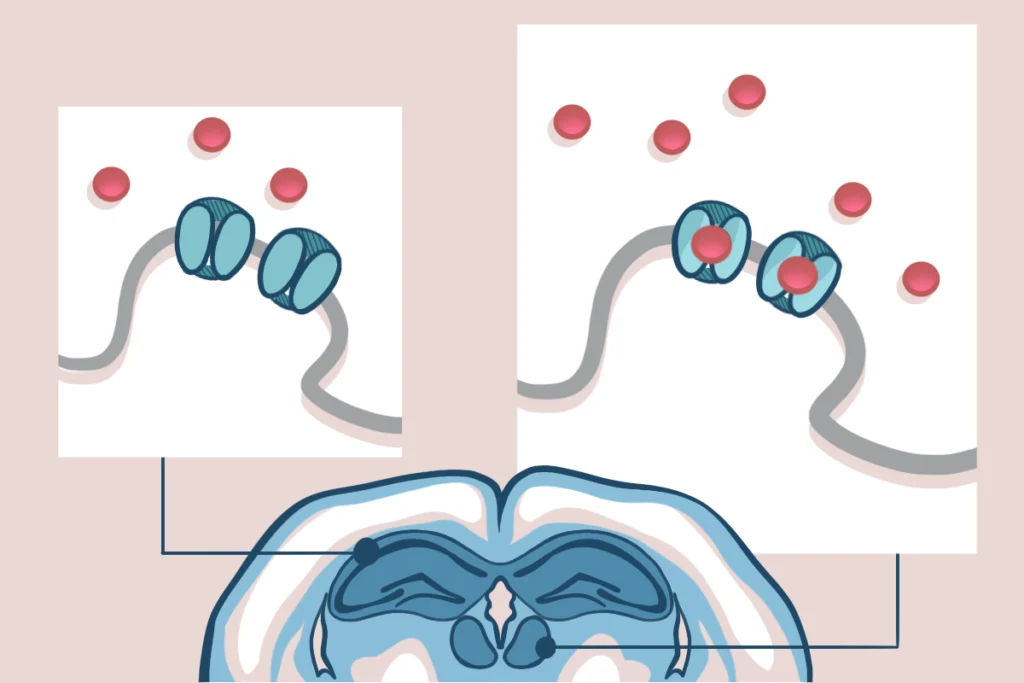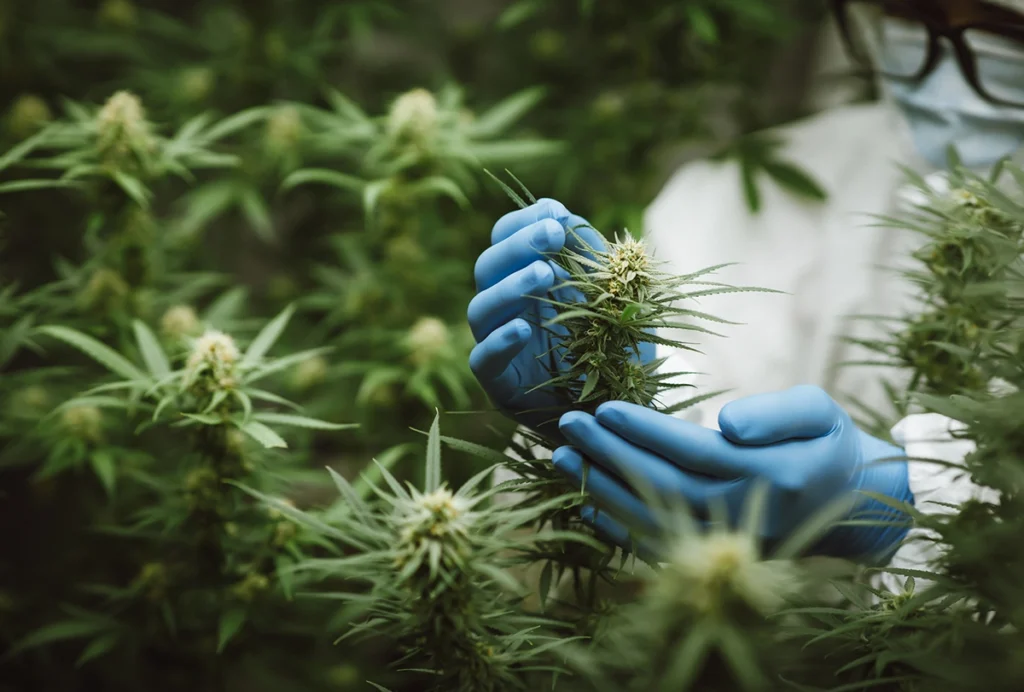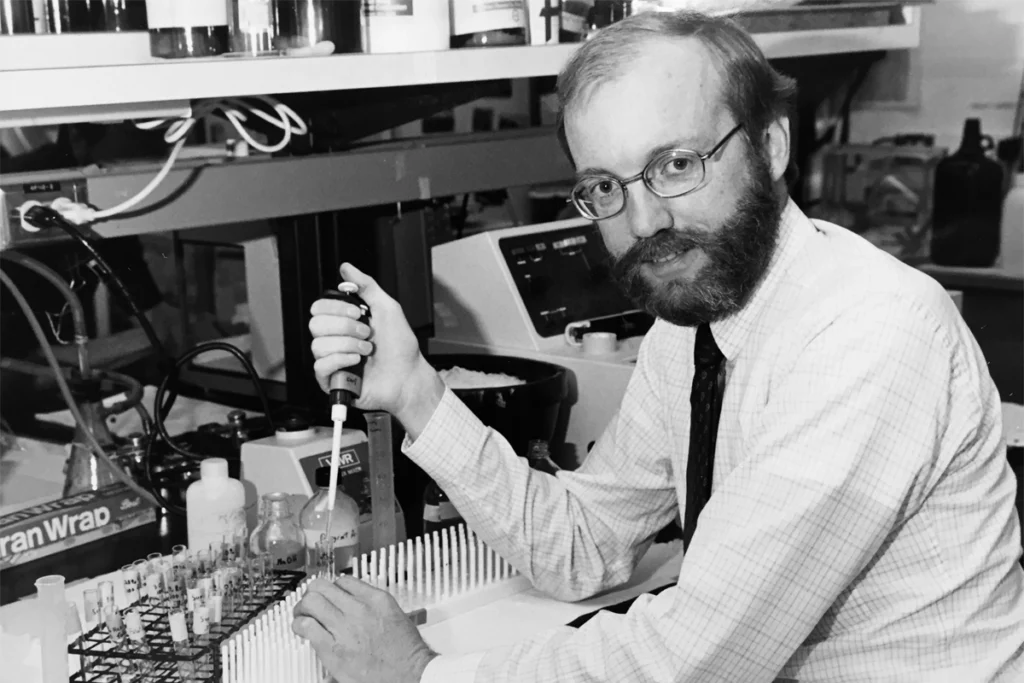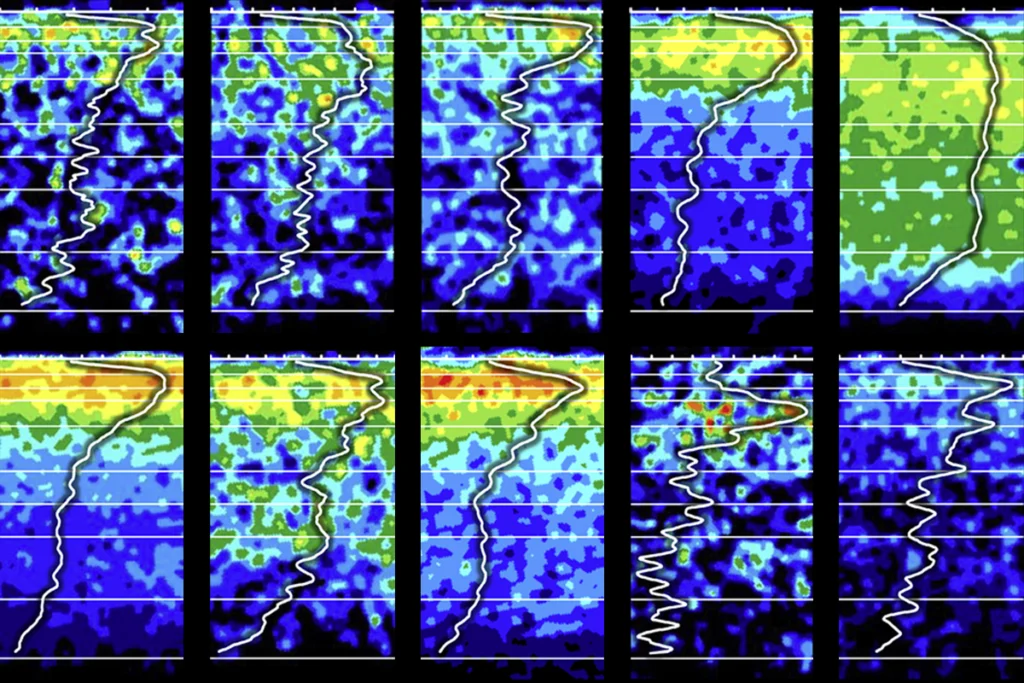Pharmacology
Recent articles
Ketamine targets lateral habenula, setting off cascade of antidepressant effects
The drug’s affinity for overactive cells in the “anti-reward” region may help explain its rapid and long-lasting results.

Ketamine targets lateral habenula, setting off cascade of antidepressant effects
The drug’s affinity for overactive cells in the “anti-reward” region may help explain its rapid and long-lasting results.
Cannabis may be rescheduled–what does it mean for neuroscience?
The drug could become much easier to access, increasing the number of researchers who can work with it and the manufacturers who can produce it.

Cannabis may be rescheduled–what does it mean for neuroscience?
The drug could become much easier to access, increasing the number of researchers who can work with it and the manufacturers who can produce it.
The legacy of William Catterall, ‘father of ion channels’
Catterall, who characterized the structure, function and regulation of sodium and calcium channels crucial for neuronal excitability, died last month at the age of 77.

The legacy of William Catterall, ‘father of ion channels’
Catterall, who characterized the structure, function and regulation of sodium and calcium channels crucial for neuronal excitability, died last month at the age of 77.
What happens when a histopathologist teams up with computational modelers?
Answers emerge in my chat with Nicola Palomero-Gallagher, a rare example of someone who connects the brain’s microscopic constituents and macroscopic features.

What happens when a histopathologist teams up with computational modelers?
Answers emerge in my chat with Nicola Palomero-Gallagher, a rare example of someone who connects the brain’s microscopic constituents and macroscopic features.
Explore more from The Transmitter
Lack of reviewers threatens robustness of neuroscience literature
Simple math suggests that small groups of scientists can significantly bias peer review.

Lack of reviewers threatens robustness of neuroscience literature
Simple math suggests that small groups of scientists can significantly bias peer review.
Dendrites help neuroscientists see the forest for the trees
Dendritic arbors provide just the right scale to study how individual neurons reciprocally interact with their broader circuitry—and are our best bet to bridge cellular and systems neuroscience.

Dendrites help neuroscientists see the forest for the trees
Dendritic arbors provide just the right scale to study how individual neurons reciprocally interact with their broader circuitry—and are our best bet to bridge cellular and systems neuroscience.
Two primate centers drop ‘primate’ from their name
The Washington and Tulane National Biomedical Research Centers—formerly called National Primate Research Centers—say they made the change to better reflect the breadth of research performed at the centers.

Two primate centers drop ‘primate’ from their name
The Washington and Tulane National Biomedical Research Centers—formerly called National Primate Research Centers—say they made the change to better reflect the breadth of research performed at the centers.